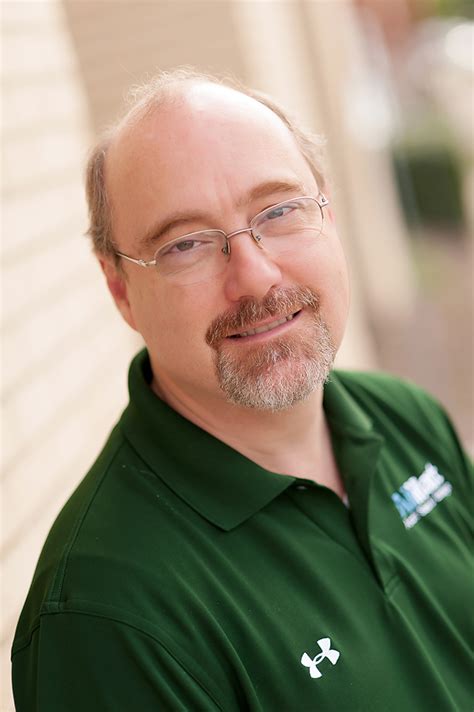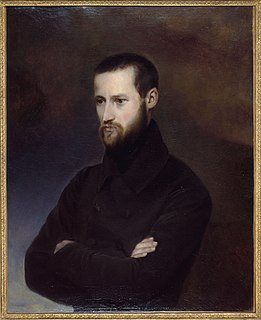A Quote by C. S. Lewis
When Catholicism goes bad it becomes the world-old, world-wide religio of amulets and holy places and priestcraft. Protestantism,in its corresponding decay, becomes a vague mist of ethical platitudes. Catholicism is accused of being too much like all the other religions; Protestantism of being insufficiently like a religion at all. Hence Plato, with his transcendent Forms, is the doctor of Protestants; Aristotle, with his immanent Forms, the doctor of Catholics.
Related Quotes
Now the ordinary Protestant, Jew or Secularist has a stereotype about Catholicism. It consists of Spanish Catholicism, Latin-American Catholicism and, let us say, a Catholicism of O'Connor's "Great Hurrah." Now there are types of Catholicism like that but this doesn't - this doesn't do justice to the genuine relation that Catholicism has had to Democratic Society.
I believe that Judaism was an improvement on polytheism; Christianity was an improvement on Judaism (to some degree and in some departments only); that Protestantism is an improvement on Catholicism; that Mormonism is an improvement on Protestantism. So I give Joseph Smith credit as an innovator and as a smart fellow.
Protestantism, of course, is much more explicitly divided into different traditions - the Pentecostals, the Anglicans. But there is the main tradition of Protestantism that comes out of the Reformation and that produced people like Kant and Hegel and so on, who are not normally thought of as being people writing in a theological tradition, although Hegel, of course, wrote theology his whole life.
When a monk goes away from the world, he goes fighting with it. it is not a relaxed going. His whole being is pulled towards the world. He struggles against it. He becomes divided. Half of his being is for the world and half has become greedy for the other. He is torn apart. A monk is basically a schizophrenic, a split person, divided into the lower and the higher. And the lower goes on pulling him, and the lower becomes more and more attractive the more it is repressed. And because he has not lived the lower, he cannot get into the higher.
Hinduism, Confucianism, and Buddhism are huge traditions of enormous importance, and they aren't monotheistic. Again, this reflects the fact that our preconceptions about what religion is are so influenced by Protestantism - either real Protestantism or the secularized Protestantism that dominates our culture - and its assumption that beliefs are the most important thing.
I think that there are no forces on this planet more dangerous to us all than the fanaticisms of fundamentalism, of all the species: Protestantism, Catholicism, Judaism, Islam, Hinduism, and Buddhism, as well as countless smaller infections. Is there a conflict between science and religion here? There most certainly is.
Do I address issues of the spirit, of the soul, in my work? Yes, definitely. As for being a Catholic poet, I was born in, and into, Catholicism - Eastern Rite Maronite and Melkite Catholicism. Not being Catholic has never been a choice for me - it's in my family, my ancestry, going back centuries. Catholicism, for me, is always here.




































